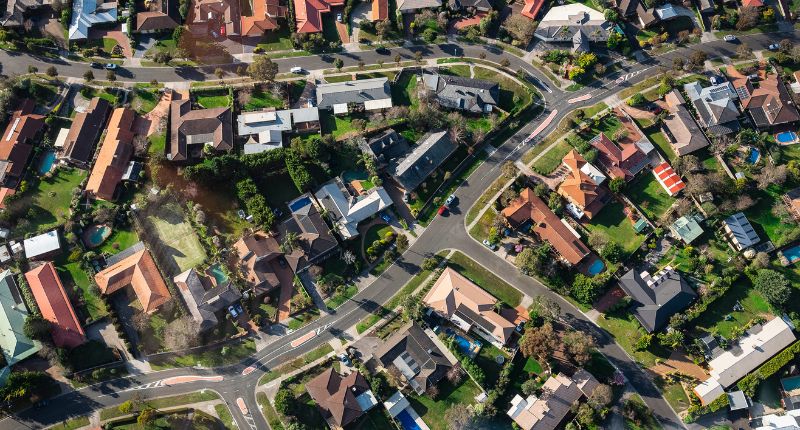- The AFCA received just over 100,000 complaints in a calendar year.
- A notable portion of these complaints is attributed to home building insurance and home loans.
- AFCA CEO David Locke said the rate of these complaints is not sustainable.
The Australian Financial Complaints Authority (AFCA), the external dispute resolution company for consumers, recorded over 100,000 complaints for the first time in a calendar year.
The total of 102,790 complaints from consumers and small businesses was a 23% increase from 2022.
“The volume of complaints escalated to AFCA has been increasing at an unsustainable rate,” said Australian Financial Complaints Authority, chief ombudsman and chief executive officer, David Locke.

“We need to see a downward trend in complaints overall, with financial firms working better to support their customers and to address complaints quickly and in-house.
“We believe many financial firms could be doing a better job of handling the complaints within their own internal complaints processes, so only the most complex cases reach AFCA – which is the role we are meant to play.”
Locke also noted the impact of increased interest rate rises and cost of living pressures, with a significantly higher amount of complaints involving financial hardship.
What is receiving the most complaints?
Personal transaction accounts were by far the most complained about products, at 16,028 complaints. However, home building insurance and home loans made the top five most complained about products at 8,073 and 7,461 complaints, respectively.
Home loan complaints increasing in 2023 was no surprise, especially when factoring in successive interest rate rises throughout the year.
Roy Morgan research also revealed 30.1% of mortgage holders – a total of 1,514,000 – were at risk of mortgage stress in the three months to October 2023.
A year prior, 642,000 mortgage holders were considered to be at risk of mortgage stress.
Climate change and policy recommendations
“Insurers are now starting to acknowledge they could have done better during significant natural disasters last year, when claim delays generated high numbers of complaints to AFCA,” said Locke.
“With climate change making such events more likely, it’s important that insurers can promptly help people whose lives have been devastated.”
David Locke, AFCA
According to research from Finder, in the 12 months to December 2022, 63% of Australian home insurance policyholders saw an increase in their premiums in the last 12 months.
As fires and floods increase throughout Australia, along with insurance premiums, the Insurance Council of Australia made several policy recommendations in its Insurance Catastrophe Resilience Report 2022-23 to ease the rising pressure on insurance premiums.
Among these recommendations was a principle of resilience to be embedded in the National Construction Code.
“All governments should also invest in programs that support disaster mitigations projects for individual households, such as house raising and retrofitting to make homes more resilient,” the report read.
“This has been factored into the Queensland Household Resilience Program and the New South Wales Resilient Homes Program but these programs need to expand to other areas within Queensland and New South Wales, and adopted by other states.”
The report also noted that inefficient state taxes and charges – such as stamp duty and levies to fund emergency services, served as a barrier to insurance affordability.
“Consumers are being triple taxed on their premiums in the states like New South Wales that maintain emergency services levies.
“These taxes can drive up premiums by 20 to 40 per cent, not including the impact of GST.
“The Commonwealth and state and territory Treasurers, through the Council of Federal Financial Relations, should consider ways to remove the inefficient taxes on insurance as the most direct way to improve the availability and affordability of insurance.”





